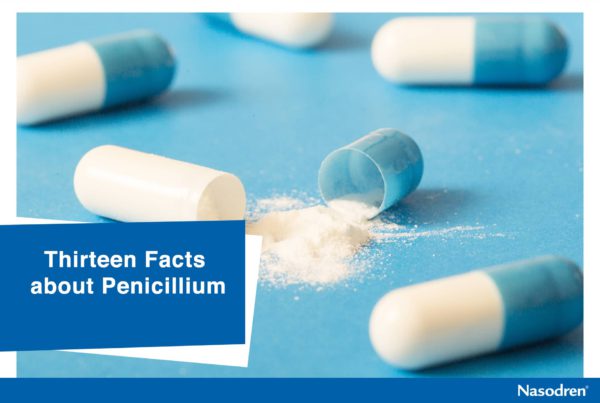What kind of food produce mucus?
The mucus (or mucous) is a secretion that coats the mucous membranes of the body and containing antiseptic enzymes (substances that help prevent infections by destroying the microbes that cause them) and immunoglobulins (substances that are part of the immune system, defense).
In the respiratory system, mucus traps small particles such as dust and bacteria, preventing their entry into the body, this occurs mainly in the nose. The mucus helps protect the lungs by trapping foreign particles that enter the nose during normal breathing. The increased production of mucus in the airways is a common symptom of many diseases such as the common cold. The presence of mucus in the nose and throat is normal, but larger than normal quantities can impede comfortable breathing and must be cleaned by blowing the nose or expectorating phlegm from the throat. Among the components of nasal mucus are included tears.
Sinuses are air cavities excavated in the thickness of the skull bones. Communicating with the nostrils through the ostium (a very small hole), and air forced step junction of different drainage pathways. The permeability of this hole allows maintaining sinus physiology. Any persistent obstruction of the ostium engender large and the consequences will be: decreased ciliary movement (cilia are some “hairs” that sweep mucus from the sinuses into the nose through the ostium) accumulation of mucus and sometimes secondary bacterial infection . That is, under normal conditions, it produces mucus and is removed through the nose or swallowed. If you can remove mucus collects in the sinuses causing rhinosinusitis.
Rhinosinusitis is an inflammation of the lining inside the nose and one or more of the sinuses. Its main symptoms are nasal congestion, runny nose, facial pain or pressure, and loss or reduction of smell.
Cyclamen extract acts to increase mucus production, reducing inflammation of the mucosa, opening the ostium, recovering the function of cilia, and thus clean the sinuses and nasal cavity. That is, the physiological active (normal) defense of the upper airway which deteriorate during rhinosinusitis.
In connection with food, are considered food mucosa generators, as is the case of dairy products, which increase the thickened mucus and therefore has moderate consumption when this type suffer from symptoms.
Although there is some lack of knowledge about the exact causes, which itself has been proven is that the moderate or restrict the presence of dairy products in the diet, the amount of mucus decreases significantly, thus facilitating the disappearance of congestion and improve nasal breathing.
Other foods that favor the appearance of the mucus are peanuts, oranges, white refined flours such as wheat, bananas, sweets or any other product containing sugar, fatty or highly concentrated, excess meat, fried foods, and excessive salt.
And just as there are foods that increase mucus secretion, there are others who help her disappearance. Garlic, onions, leeks, watercress, horseradish, mustard, ginger and, to a lesser extent, parsley, celery, green tea, jasmine tea, pickles and lemon are particularly suitable in cases of excess mucus, since they possess expectorant and mucolytic effect, ie they have the property of dissolving or destroy the mucin main constituent of the mucus.







